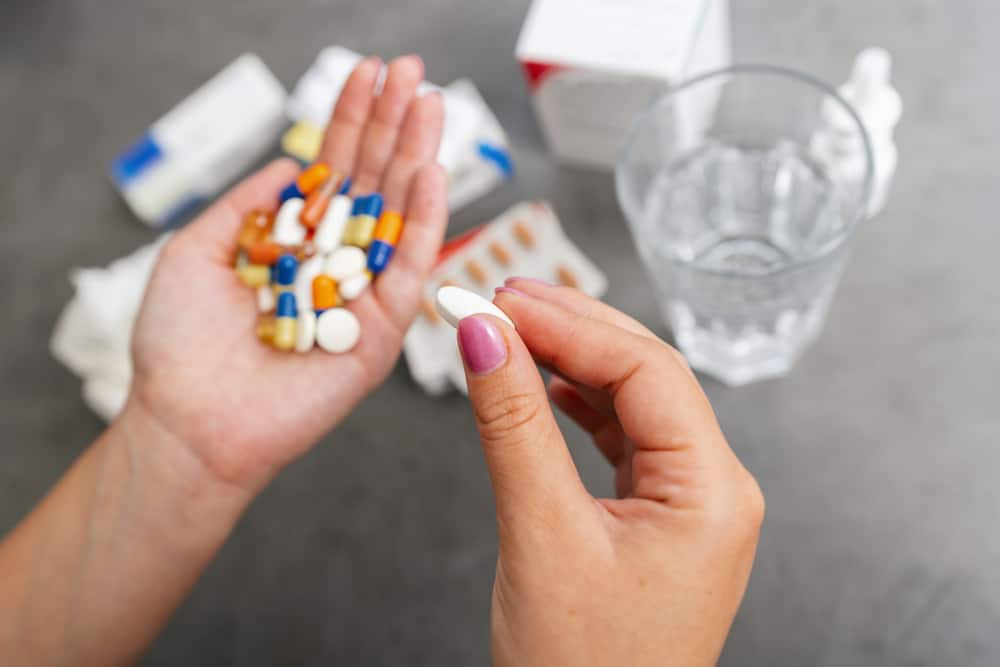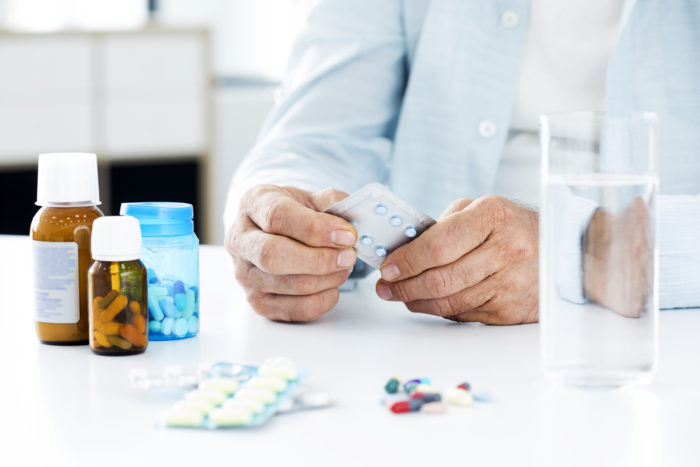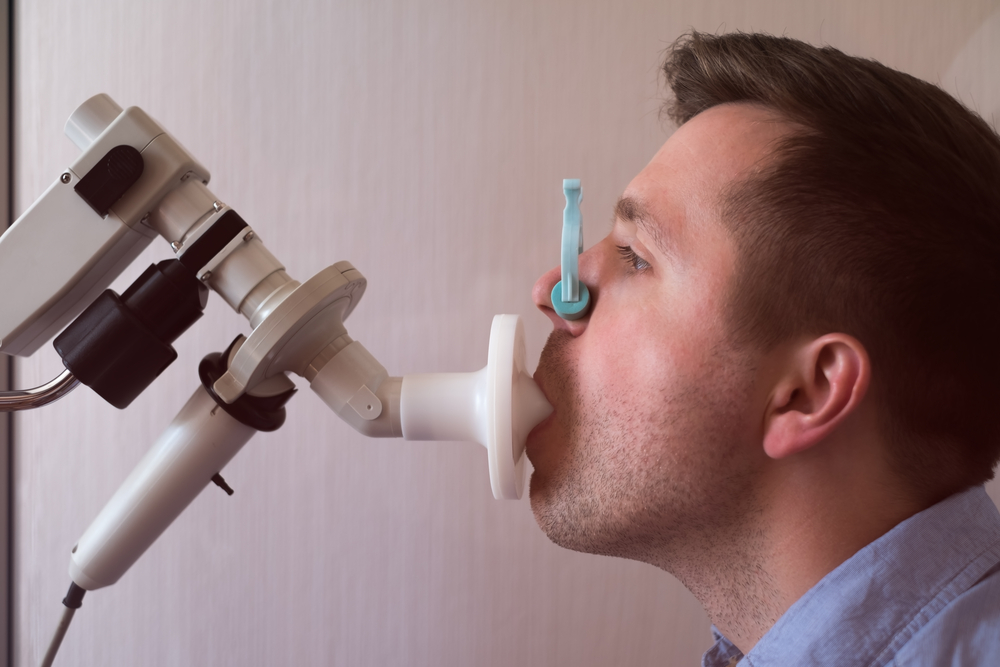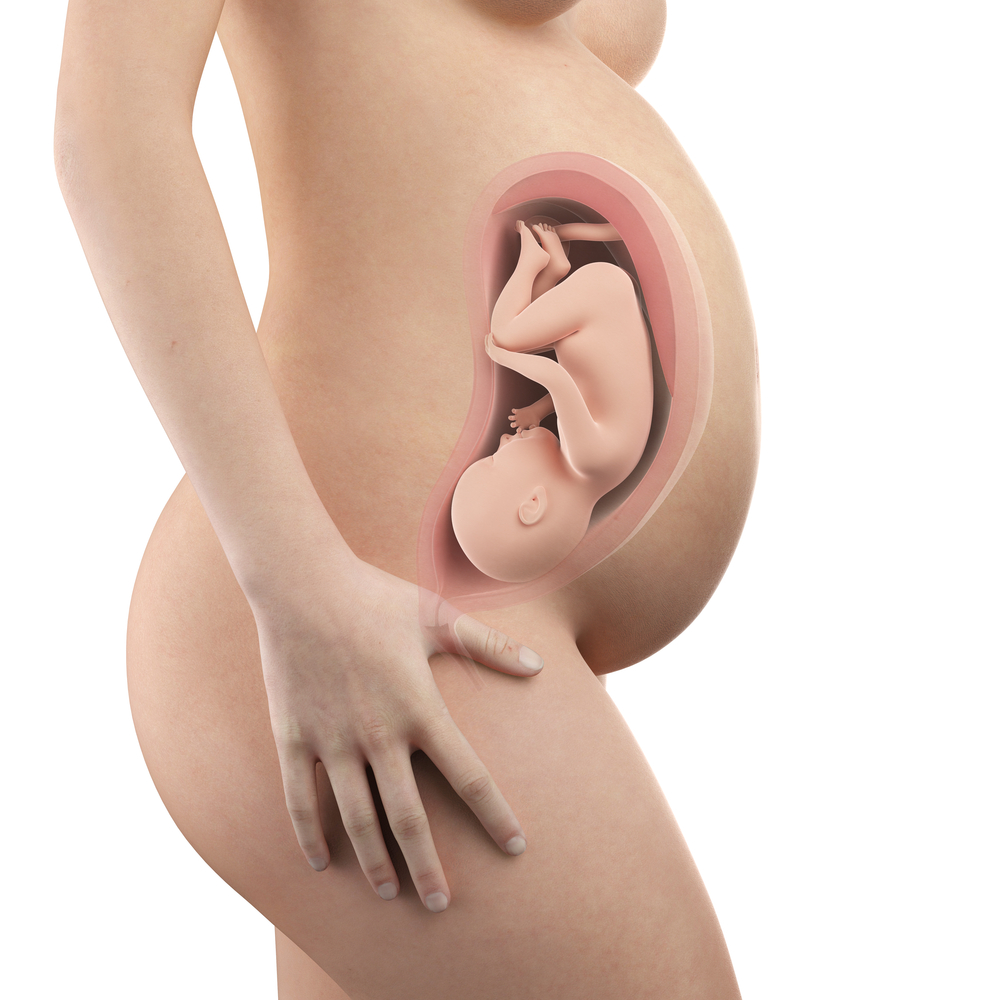Contents:
- Medical Video: The Evolution of Bacteria on a “Mega-Plate” Petri Dish (Kishony Lab)
- What happens when the body is immune to antibiotics?
- What are the signs when the body is resistant to antibiotics?
- Adhere to recommended antibiotic consumption as a preventative measure
Medical Video: The Evolution of Bacteria on a “Mega-Plate” Petri Dish (Kishony Lab)
Antibiotics are generally used to treat infections caused by bacteria. If taken according to the recommended dosage, antibiotics will carry out their duties in killing or slowing the development of bacteria in the body. But instead of healing, consuming it excessively can actually make your body resistant or immune to antibiotics. What, yes, the sign?
What happens when the body is immune to antibiotics?
Antibiotics are arguably one of the ways to combat bacterial attacks in the body. However, you are still required to be careful. Because over time, continuous use of antibiotic drugs can make the bacteria "accustomed" so it doesn't work anymore to be killed.
This condition can occur because the bacteria that are supposed to be eradicated, actually undergo gene changes or get genes that are resistant to antibiotics from other bacteria. That is why the more often the antibiotic is used, the lower the effectiveness in fighting bacteria.
Not to improve body health. Antibiotic consumption actually makes the development of bacteria difficult to control, known as resistance or antibiotic resistance.
What are the signs when the body is resistant to antibiotics?
Signs that often arise when the development of bacteria is already unable to be controlled with antibiotics can be different. In other words, the types of bacteria and antibiotics that will determine the appearance of symptoms in the body.
For example, general antibiotics or broad-spectrum antibiotics are not able to kill bacteriaClostridium difficile (C. diff) will cause infection in your intestine. The skin can also get infections when bacteriaMethicillin-resistant Staphylococcus aureus (MRSA) cannot be eradicated by broad-spectrum antibiotics.
Likewise withVancomycin-resistant Enterococcus (VRE) which can infect the bloodstream and urinary tract. But of all the symptoms that often arise, the most obvious sign when the body is immune to antibiotics is the process of healing the disease usually takes longer.
In order to ascertain whether antibiotics do not work in your body, a series of examinations must be carried out through tests in the laboratory, said Dr. Hari Paraton, MD, SpOG (K), chairman of the Committee for Antimicrobial Resistance Control (KPRA), quoted from Detik Health.
Adhere to recommended antibiotic consumption as a preventative measure
If the body is already immune from antibiotics, then you are encouraged to reduce the dose of antibiotic consumption slowly. According to Dr. Usman Hadi, MD, PhD, SpPD-KPTI, Head of the Division of Tropical Disease and Infection, Department of Internal Medicine at Dr Soetomo Hospital in Surabaya, that method can at least restore the balance of good bacteria in the body.
While bacteria that are resistant before long will disappear and eventually run out. Unfortunately, it takes extra patience because this process will take a long time. That is why, you have been warned to pay more attention to the dose of antibiotic consumption since the initial use.
In addition, apply the following steps to reduce the risk of resistance or resistance to antibiotics:
- Take antibiotics only when prescribed by a doctor, and don't overdo it.
- Make sure you finish prescription antibiotics to completion. Because if not, antibiotics cannot kill all bacteria, so there is a possibility that there are still remaining bacteria that can develop into resistance.
- Avoid taking leftover antibiotics that are not in accordance with your body's condition
- Always maintain personal hygiene and the environment to prevent the spread of microbes.
- Perform prevention of infection by vaccinating.













